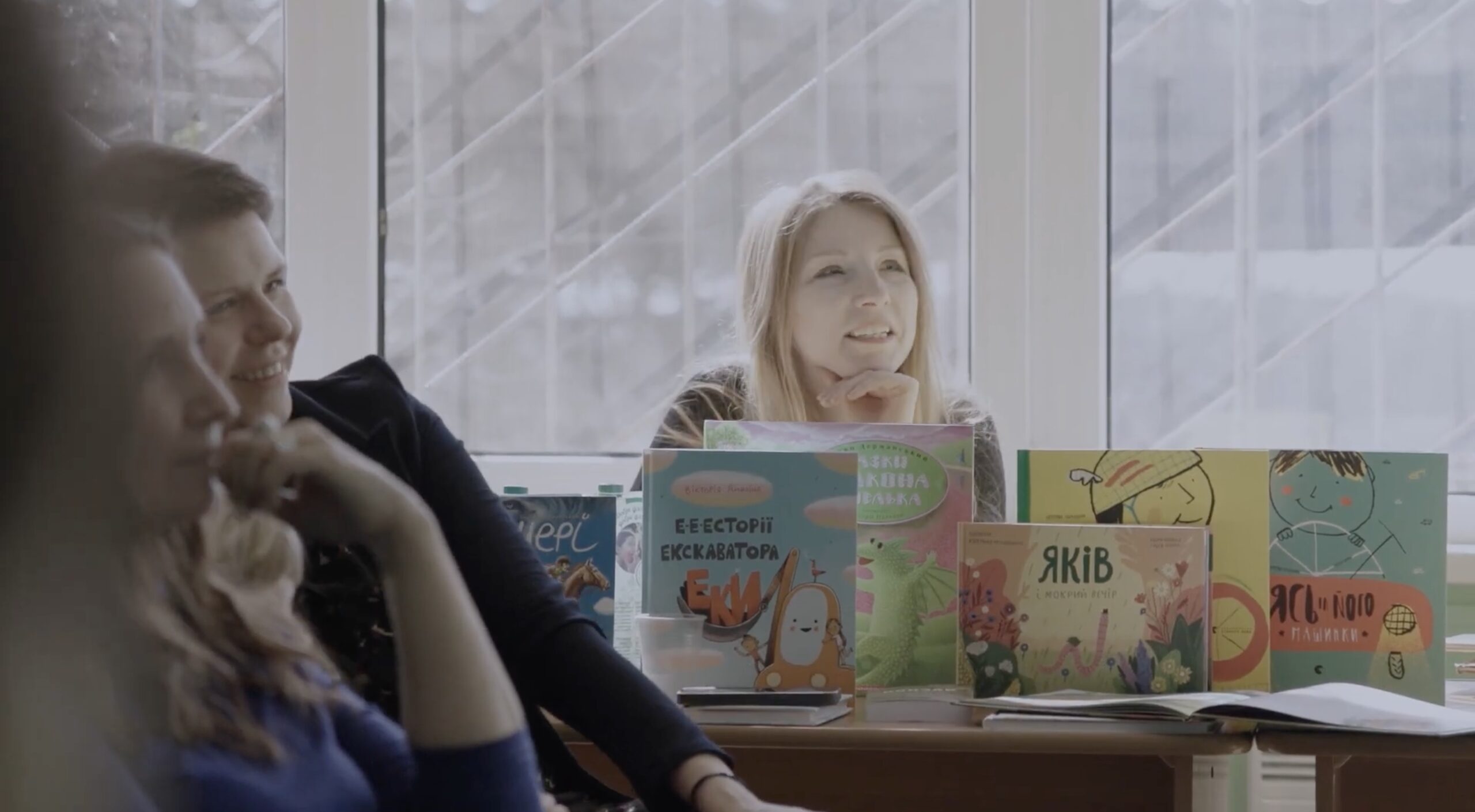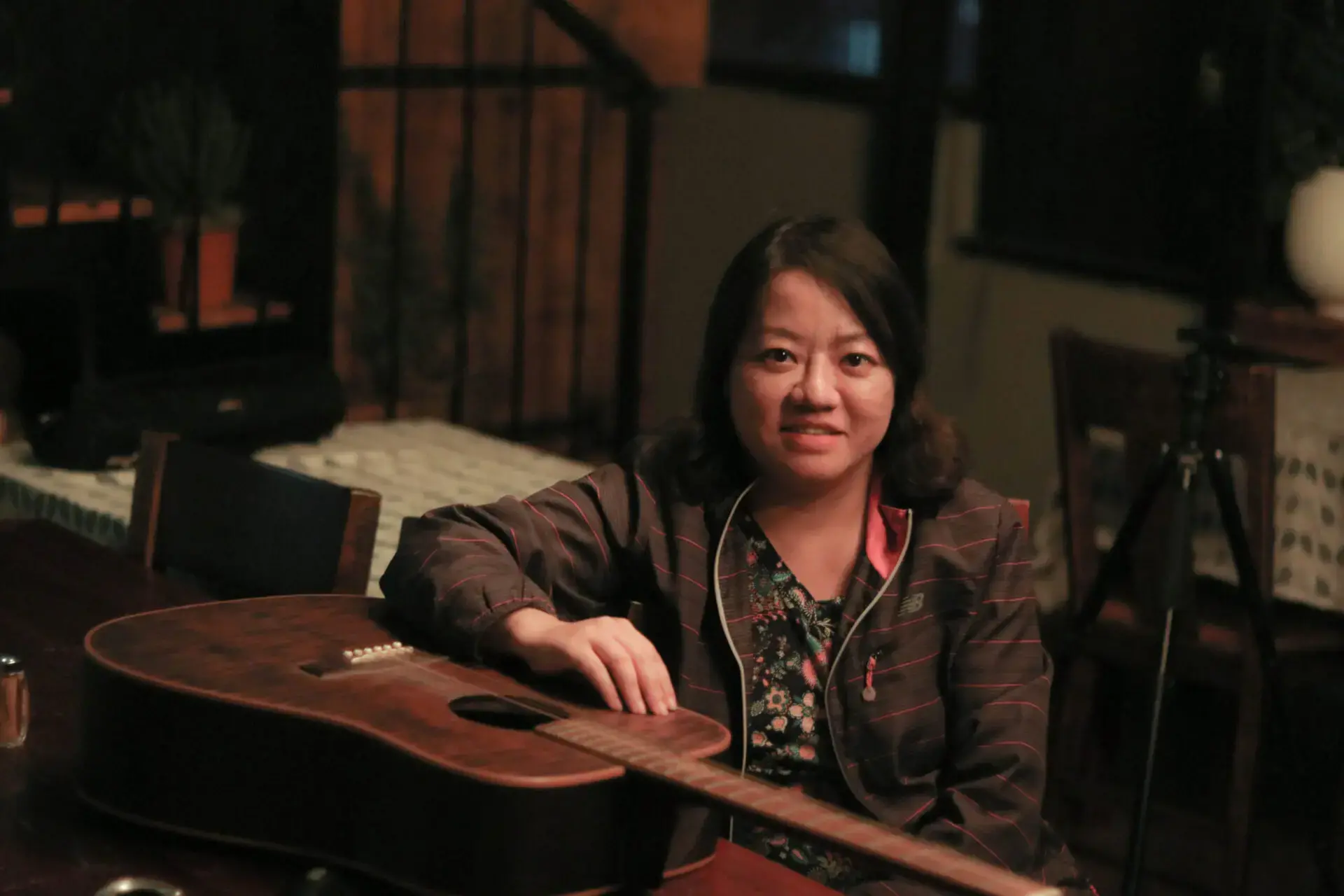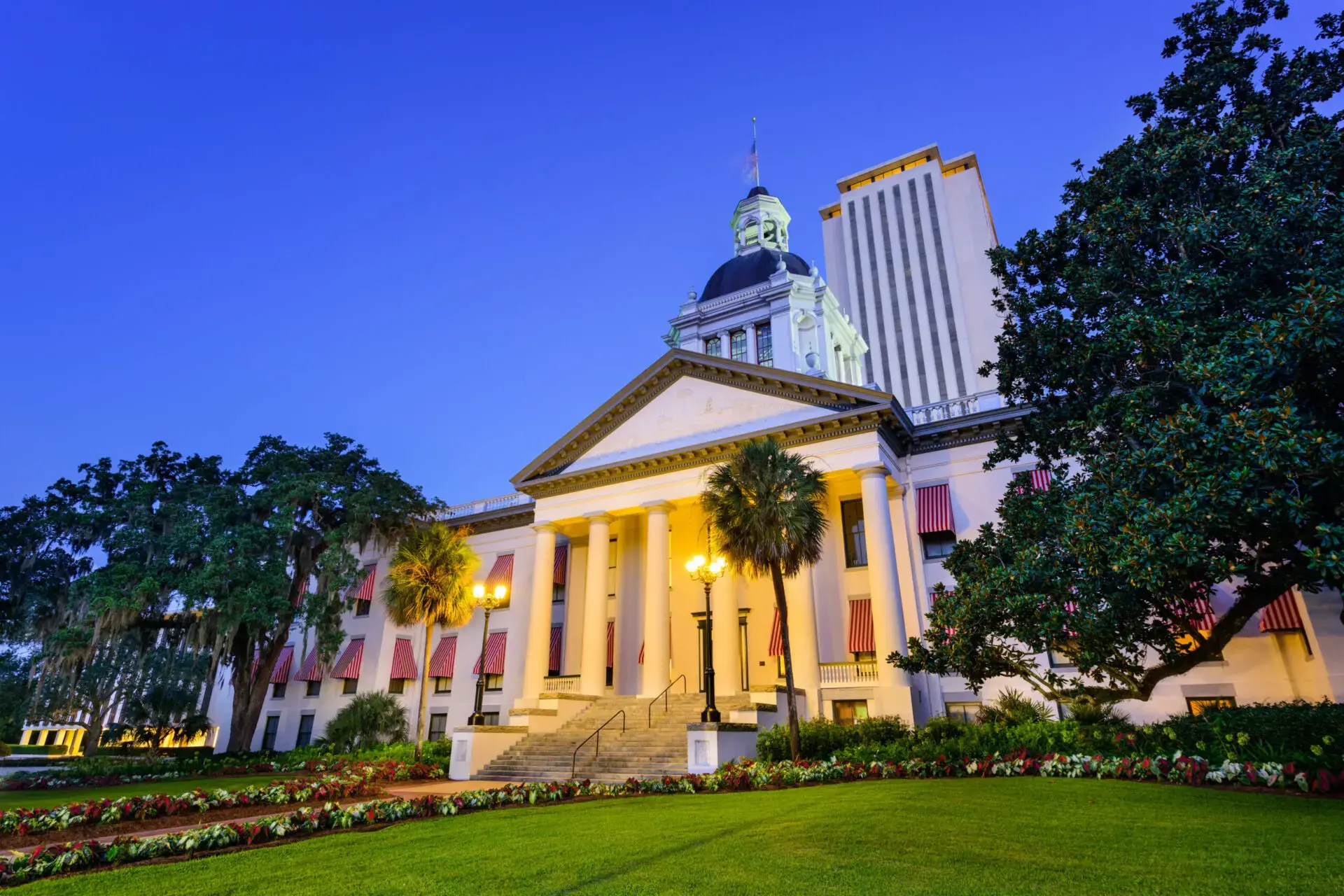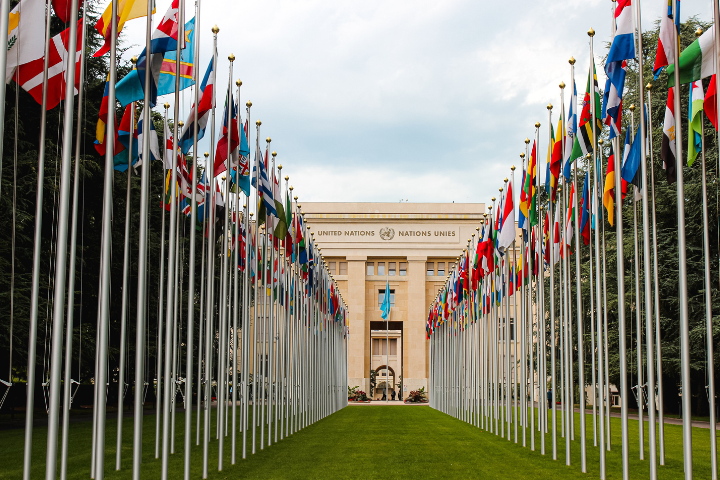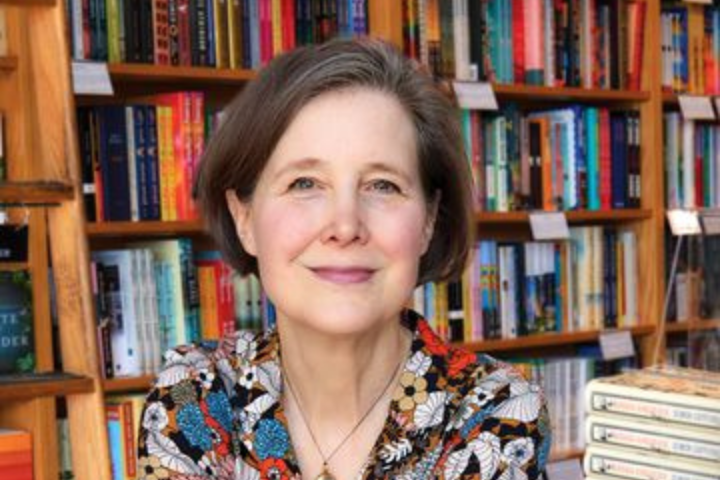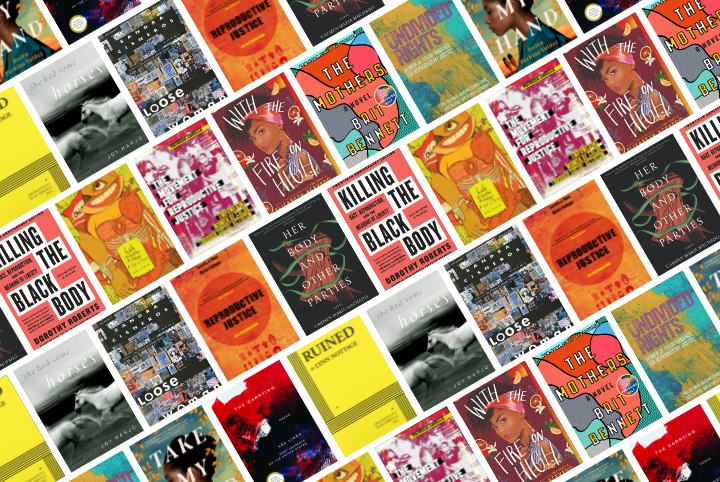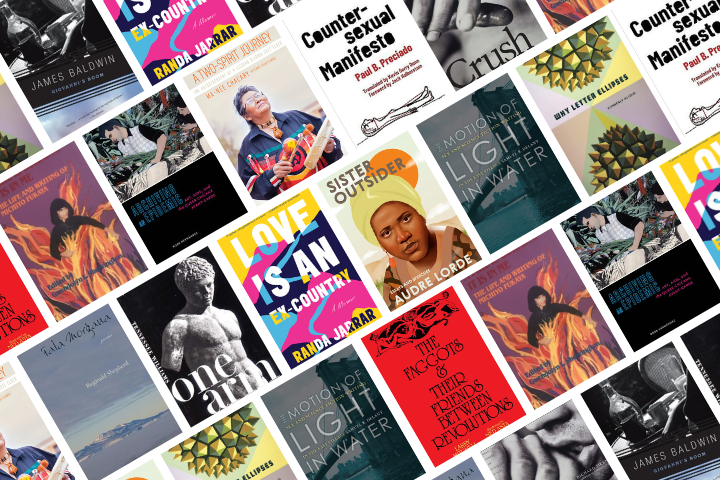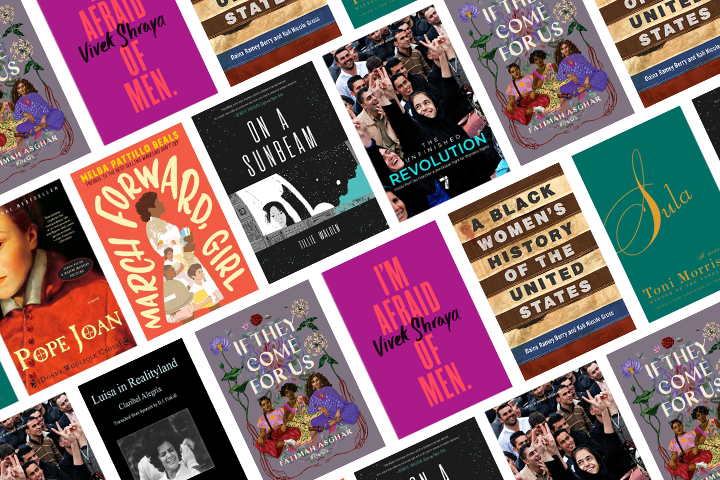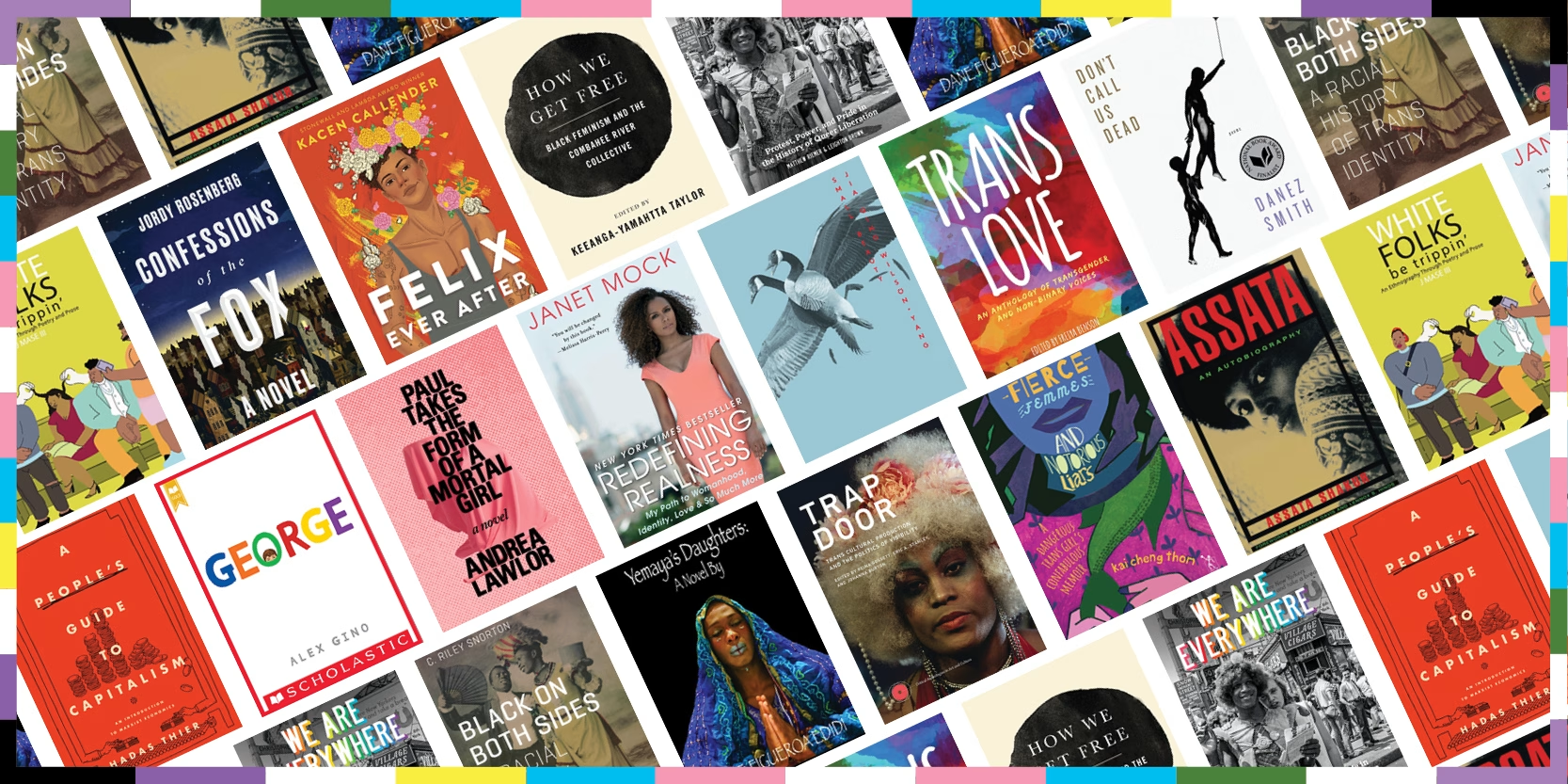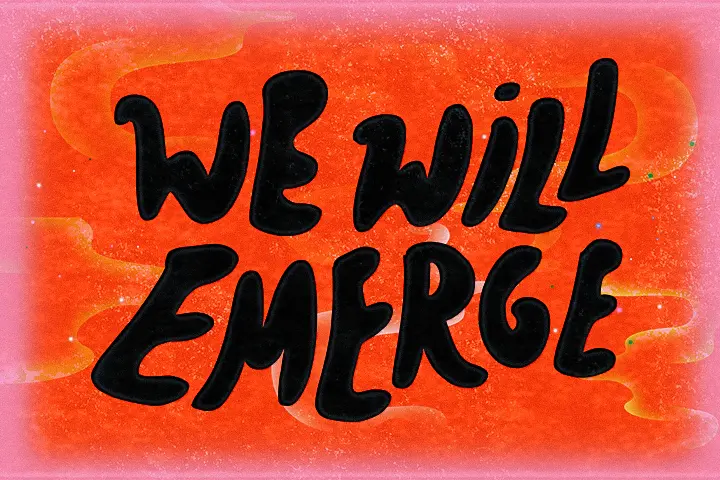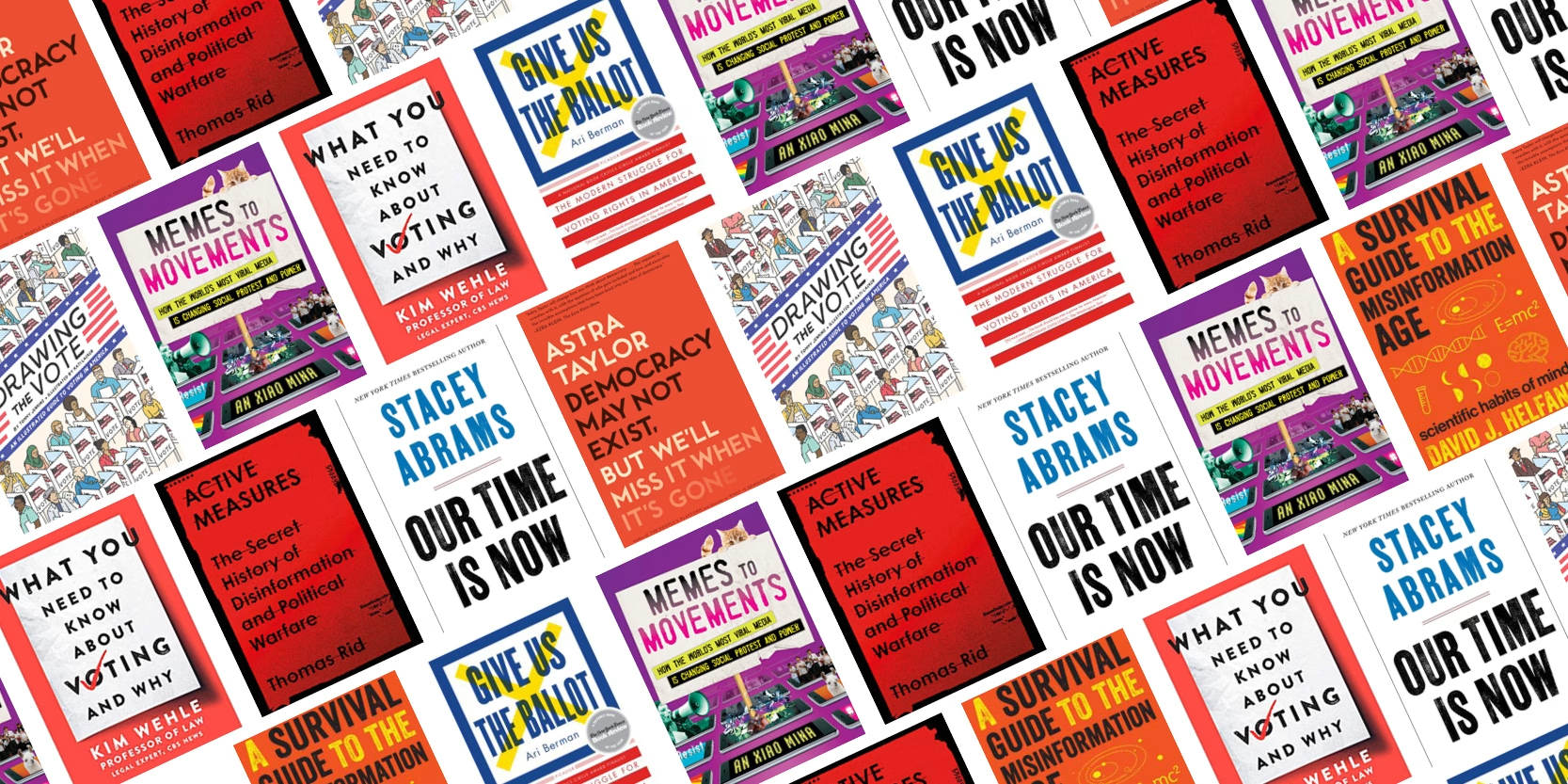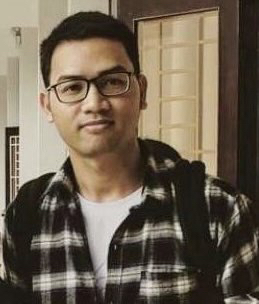
As a young adult, writer Le Huu Minh Tuan understood that publishing his views on social justice, government accountability, and human rights carried risks. Tuan, born in Vietnam’s Quảng Nam province in the late ‘80s, looked up to bloggers and journalists speaking up about human rights and free expression. Tuan vowed to tell his truth in his words.
“By the time you see this,” Tuan said in a video anticipating his arrest, “I’m probably in serious legal danger.” He spoke plainly about the risks of being a writer, saying in another video, “When I chose the path of a writer, to be a social activist, to change society… that was a decision of an adult. If an article that I wrote invited security police, it was a part of my fate.”
Tuan recorded his foreboding message as Pham Chi Dung and Nguyen Tuong Thuy—two bloggers and leaders of the Independent Journalists Association of Vietnam (IJVAN), a professional organization which Tuan belonged to—faced threats from the Vietnamese government. In June 2020, Tuan was arrested for his writings that criticized the government and analyzed politics in Vietnam. On January 5, 2021, Tuan and Thuy were sentenced to 11 years in prison, while Dung was sentenced to 15 years.
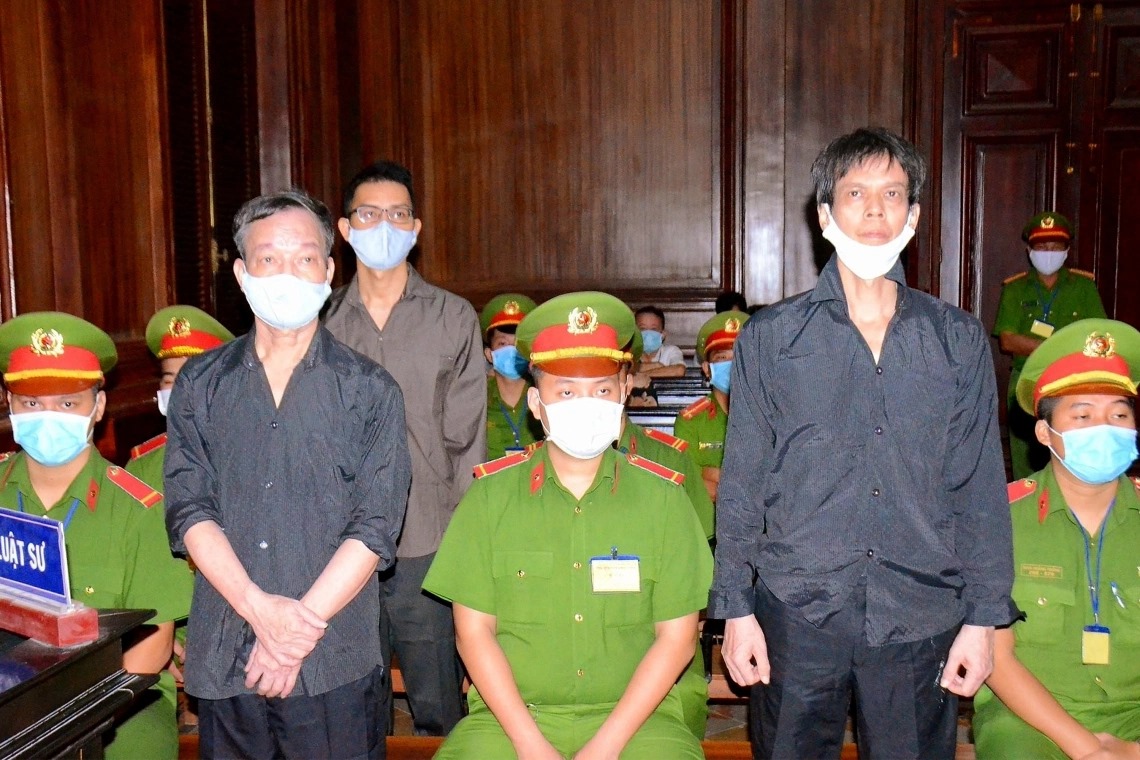
Since he was taken into custody, Tuan’s health has worsened significantly. He can no longer eat solid foods and struggles to walk and is “pale” and “only bone and skin.”
In PEN America’s most recent Freedom to Write Index, Vietnam was the third leading jailer of writers, behind only China and Iran. Other writers, including author and 2024 PEN/Barbey Freedom to Write Honoree Pham Doan Trang, also remain imprisoned in Vietnam today.
Representing Tuan’s dedication to free expression, we led a delegation alongside Vietnamese activists to Capitol Hill in Washington, D.C. just weeks after the inauguration. As the White House enacts policies of censorship and doublespeak, transnational solidarity with writers is more important than ever. Writers, as independent voices in society, can hold power to account in a way that few others can. By speaking up for writers at risk everywhere, we reinforce the importance of defending freedom of expression.
Our delegation met with Representative Derek Tran (D-CA), who immediately agreed to sponsor Le Huu Minh Tuan through the Tom Lantos Human Rights Commission’s Defending Freedoms Project. We are deeply grateful to Rep. Tran and the Lantos Commission for their unwavering commitment to human rights and for amplifying the voices of imprisoned writers. Congressmembers’ continued advocacy for unjustly imprisoned writers pushes the U.S. government to take concrete actions to improve writers’ conditions in prison and press for their unconditional release.
Despite repeated pleas from his family, the Vietnamese government has refused to give Tuan adequate medical treatment. In their most recent visit last month, his family noted his health condition has not improved.
The representatives of the United States government, and the international community as a whole, must not remain silent. As allies and key trading partners, the U.S. has a responsibility to prioritize human rights and free expression. In meetings, our delegation stressed that the U.S. must demand accountability. We urged them to call for the release of Le Huu Minh Tuan and others unjustly imprisoned for their free expression and to ensure they receive adequate medical treatment and preservation of their livelihoods.

